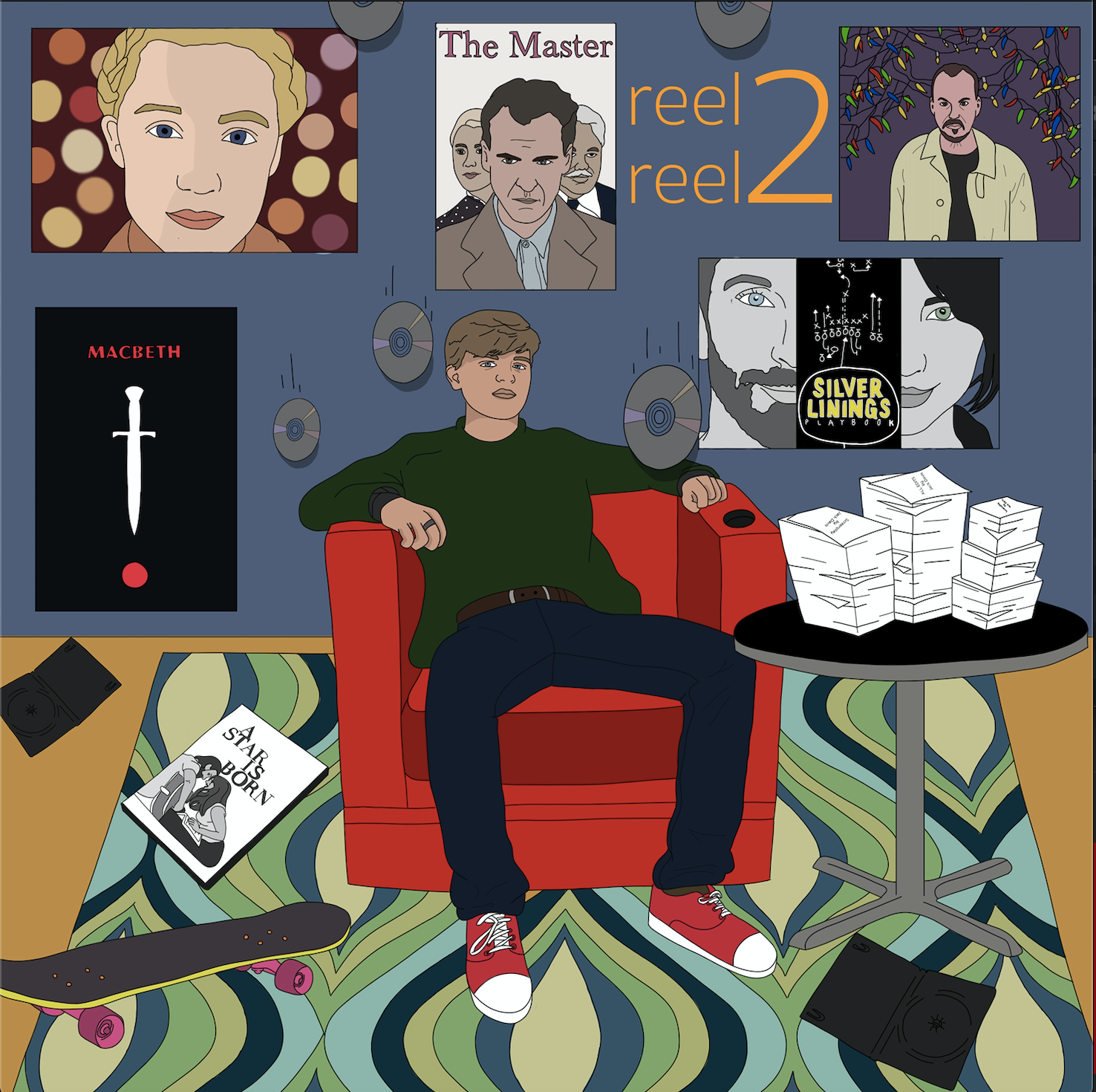
This week I continued my conversation with Foxhedge, an indie rock band populated with some of my favorite people from my home state of New Jersey.
We start this segment continuing the conversation we finished the last episode with, about performing and, more specifically, messing up while doing it. Whether it’s actors performing onstage or bands, odds are the people won’t know. Foxhedge said most people don’t really come after performers for messing up anymore, solely because of the courage it takes to get onstage. Because they have the courage to mess up. There is also an unspoken art in acknowledging to the audience that you messed up but seamlessly moving past it and not caring.
This led us into a rather lengthy tangent about Tyler, The Creator. Both the band and I were at Gov Ball, where we saw Tyler perform. We noted how fairly often during that performance, especially for his older songs, Tyler was forgetting a lot of his lines. But as they said, because he didn’t give a s**t, the audience didn’t either. He just played it off like a pro and joked about it. The band said there’s also a shared responsibility between the performer and the audience, where as long as you give them the energy, they will reciprocate. All the technicals beyond that don’t really matter.
We talked about Gov Ball a little bit, but mostly about Tyler as a musician and businessman. We talked about how Tyler has total confidence in himself and his abilities, regardless of screwing up, and the audience is so there for that. We talked about how Gov Ball was the first time he performed any music from IGOR, his newest album as of 2021. He did a “greatest hits” kind of performance at Gov Ball, doing all of the music from IGOR but also touching on almost all of his previous albums.
Alana and I touched on going into performances or albums with expectations can alter your initial perception of the work. I likened my first experience with IGOR to my first (couple) times seeing Tarantino’s latest movie. I watched the trailer every day for a month before it came out, and when I finally saw it, it just was not what I was expecting. Same with IGOR. It’s radically different from anything Tyler has done before, something the artist tries to achieve with every album.
On that, Alana talked about how she didn’t like Cherry Bomb at first but later fell in love with it. We talked more about how every album of his takes on new growth and a sort of new phase as well. Seamus noted how it was the first album to ever reach number one where the artist was the sole producer on the album. It held that top spot for a while. We also touched on how, aside from his music, Tyler is a fantastic businessman. We shifted into a brief tangent about how Tyler and Kanye are both businessmen as much as musicians and work hard to curate their brand.
We talked about how the shock factor of his early work initially got him banned from certain countries; the early stuff freaked people out but also earned him a lot of his fanbase. We discussed how he gets more fans with every new album because of how he augments his sound each time. He had altered egos and storylines for almost every album and that greatly informed and enhanced public consumption. We talked about “Life of Pablo” a little as well.
Now onto the band. We discussed a select few of their songs, some of which were about anxiety, others those (at first glance) happy-sounding songs with melancholic undertones. Alana talks about how one of their biggest songs, “Sunset Avenue,” came out of her hating dating in high school and love songs, so she set out to write an anti-love song. It’s essentially about unreciprocated love, and one person is telling the other to focus on other things like the beautiful neighborhood in which they live (Sunset Avenue) or at the least just not to focus on them. We got into the meanings of some of their other songs and how they craft their low-budget music videos.
We finished off talking about collaboration and the similarities and differences between collaborating in songwriting/composition versus writing for film. Collaborating on songs seems to be easier than two people trying to write one script, especially when it’s a band that has been practicing together for years, as Foxhedge has. One of them mentioned how they’re at a point where someone will start testing some sound out and the other can tell them what they really want it to sound like. They talked about how the sounds of some songs they’ll work on might evolve even up to the time that they’re recording in the studio.
I finished off asking them about their musical influences, and they said they couldn’t articulate any in specific but that, if their songs were dissected, you could probably find more than a few similarities. Each band member listens to A) a lot of music and B) many different types of music, so no doubt that informs their diverse library of songs.
Thank you guys for tuning in. My episodes are available almost anywhere you can stream music, like Spotify and Apple. If you find somewhere you can’t stream it, let me know.
I’m still working on socials for my podcast, but in the meantime, the Spotify link is on my Instagram @jackldavis14. Podcasts can also be accessed on the triangle website under the podcasts section (https://www.thetriangle.org/podcasts/). Stay cool, everyone. I’ll see you next week.
I’ll also include the Spotify link for Foxhedge below (check out their newest album, FOZHENGE!) :
Listen now on Spotify and Apple Podcasts!


